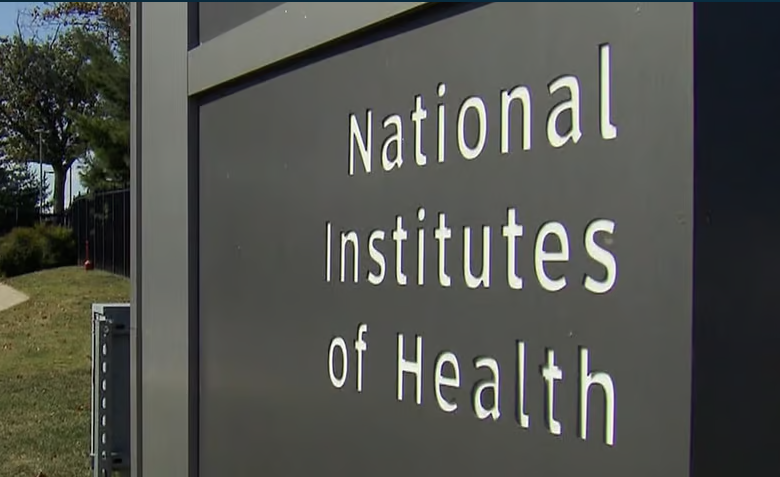On June 4th, 2024, the National Center for Complementary and Integrative Health (NCCIH), a branch of the National Institutes of Health (NIH), will convene a landmark open meeting aimed at unlocking the mysteries of cannabis. With a keen focus on the plant’s potential in pain management, this gathering promises to unite leading NIH-funded researchers in a collaborative quest. By delving into the roles of minor cannabinoids and terpenes found within marijuana, experts seek to pioneer innovative solutions to one of healthcare’s most urgent challenges: effective pain relief.
Considering The Potential of Cannabis Classification
The desire to reclassify cannabis to Schedule III underscores the evolving landscape of drug regulation within the United States. Currently categorized under the stringent confines of Schedule I, alongside substances like heroin and LSD, cannabis faces significant barriers to comprehensive research and medical exploration. Contrastingly, Schedule II acknowledges drugs with recognized medical benefits but subjects them to strict regulations due to their potential for misuse, including opioids like oxycodone and fentanyl.
Beyond this, substances classified under Schedules III to V present a spectrum of regulation, each tailored to their respective abuse potential and medical uses. Schedule III accommodates drugs with moderate to low potential for abuse and accepted medical applications, such as certain steroids and ketamine. In Schedule IV, substances like benzodiazepines and certain sleep medications find their place, offering limited potential for abuse and recognized medical benefits. Finally, Schedule V includes drugs with the lowest potential for abuse, such as certain cough preparations containing limited quantities of codeine or other narcotics. As discussions surrounding cannabis reclassification persist, it’s imperative to recognize the diverse regulatory framework encompassing drugs across these schedules, each playing a crucial role in balancing medical access with public health considerations.
The Implications of Cannabis Reclassification:
Lowering cannabis to Schedule III could usher in a new era of scientific exploration, unshackling researchers from regulatory constraints and catalyzing innovative discoveries. By providing greater access to quality-controlled cannabis and dismantling stigma, reclassification would empower scientists to uncover the plant’s full therapeutic potential. Moreover, it presents an opportunity to address pressing public health challenges, from chronic pain management to opioid addiction, through evidence-based research and policymaking.
The impact of this reclassification extends far beyond the realm of cannabis alone. It opens doors for researchers to delve into a myriad of cannabinoid compounds, unlocking their therapeutic potential and shedding light on the intricate mechanisms of the endocannabinoid system. With more scientists engaging in cannabis research, there will be a surge in interest and funding, paving the way for groundbreaking discoveries. Comparisons with opiates highlight the stark contrast in research opportunities between Schedule I and Schedule II drugs. While compounds like hydrocodone and oxycodone enjoy Schedule II status, enabling extensive research, cannabis remains mired in regulatory limbo. This incongruity underscores the urgency of reclassifying cannabis to facilitate scientific inquiry and evidence-based policymaking.
One of the primary challenges impeding cannabis research is the lack of access to quality-controlled cannabis for scientific studies. Unlike other Schedule II drugs, researchers cannot simply procure cannabis from dispensaries. Instead, they must rely on federally approved sources, often facing constraints on the potency and variety of available strains. Reclassification would alleviate this bottleneck, empowering researchers with greater flexibility and access to diverse cannabis strains. Moreover, the stigma surrounding cannabis research persists due to its federal illegality and association with substance abuse. By relegating cannabis to Schedule III, we can dismantle this stigma and validate the relevance of cannabis research. It signals a paradigm shift, affirming cannabis as a legitimate subject of scientific inquiry rather than a taboo topic relegated to the fringes of academia.
Despite growing interest in cannabis research, significant hurdles remain, including limited access to research-grade cannabis and persistent stigma. Reclassification to Schedule III would address these challenges head-on, fostering a conducive research environment and legitimizing cannabis as a subject of scientific inquiry. By embracing this transformative opportunity, we can pave the way for groundbreaking discoveries and harness the healing power of cannabis for the betterment of society.







